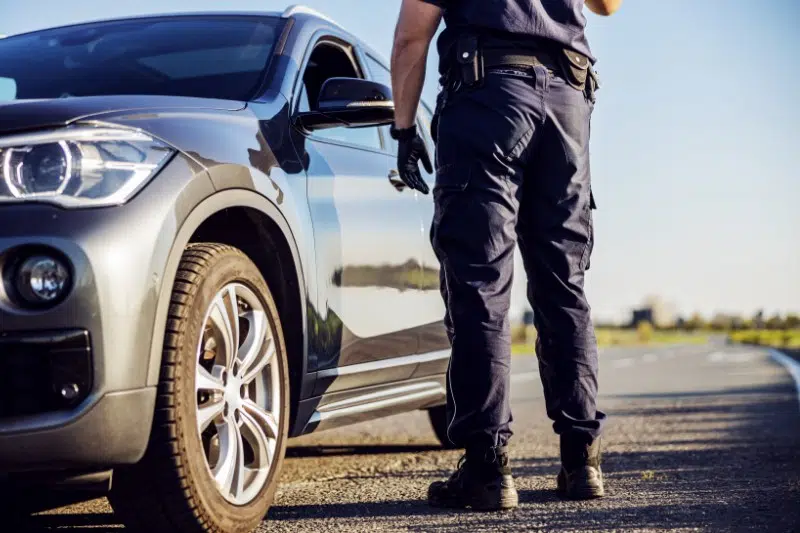Someone who does not yield the right of way might face both civil and criminal sanctions. First, simply failing the yield the right of way is a Class C misdemeanor in Texas, and you might face fines, points on your license, and other criminal penalties.
But if your failure to yield causes injuries or a fatality, you could be facing much more severe penalties. In addition to criminal charges, the injured person and their family can file a personal injury lawsuit against you—demanding compensation for their financial and emotional losses.
Who Is Financially Responsible for Injuries After a Failure to Yield?
In most situations, the liability for a right of way accident belongs to the driver that failed to yield. The Texas Transportation Code notes that failing to yield the right of way at an intersection, especially one with a stop sign or yield sign, is “prima facie” evidence of negligence. (This means that judges and juries will assume that the person who ignored the official traffic control device is negligent unless that can prove otherwise.)
However, if you or someone you love was injured at an intersection, do not assume that the at-fault driver is the only responsible party.
A car accident lawyer can help you investigate your claim and might identify additional sources of insurance coverage:
- Employers: If the at-fault driver was driving a commercial vehicle or was in the course of their employment, you might have a liability claim against their employer. Often, companies carry much larger insurance policies that individual Texans.
- Property owners: Sometimes, poorly designed or obstructed driveways contribute to wrecks. Our team can help you determine whether a property owner is liable for your injuries.
- PIP (Personal Injury Protection): Most drivers in Texas carry at least some level of this no-fault insurance. We can help you file a PIP claim with your own insurance company, demanding reimbursement of some of your medical bills and lost income.
- Uninsured and Underinsured Motorist (UM/UIM) Coverage: If the at-fault parties’ policies do not fully cover your losses, you might be able to file a claim with your own UM/UIM policy.
However, don’t expect the insurance companies to give up without a fight. It’s not uncommon for adjusters to blame innocent people for intersection crashes. They might cite Texas’ rules about comparative fault in an attempt to save money.
Under this rule, an insurer can reduce your settlement or jury award by your percentage of fault. So, if you were 30% responsible for the crash, the adjuster can reduce your compensation by 30%. And, if you hold at least 51% of the blame, the insurance company doesn’t have to pay you at all. However, don’t panic if the adjuster tries to unfairly shift blame to you—an experienced, aggressive lawyer can help you respond to their allegations and fight back.




